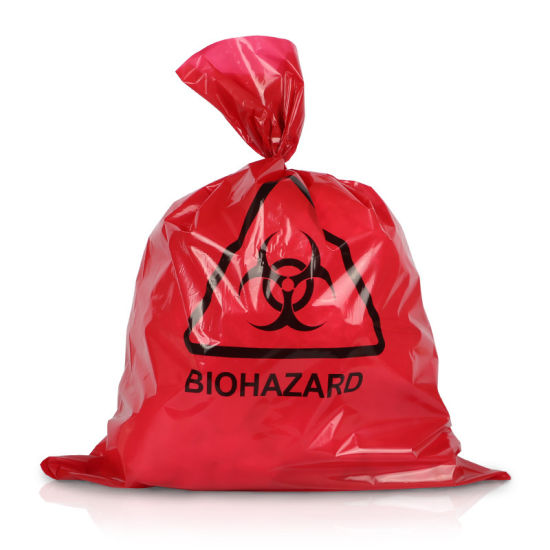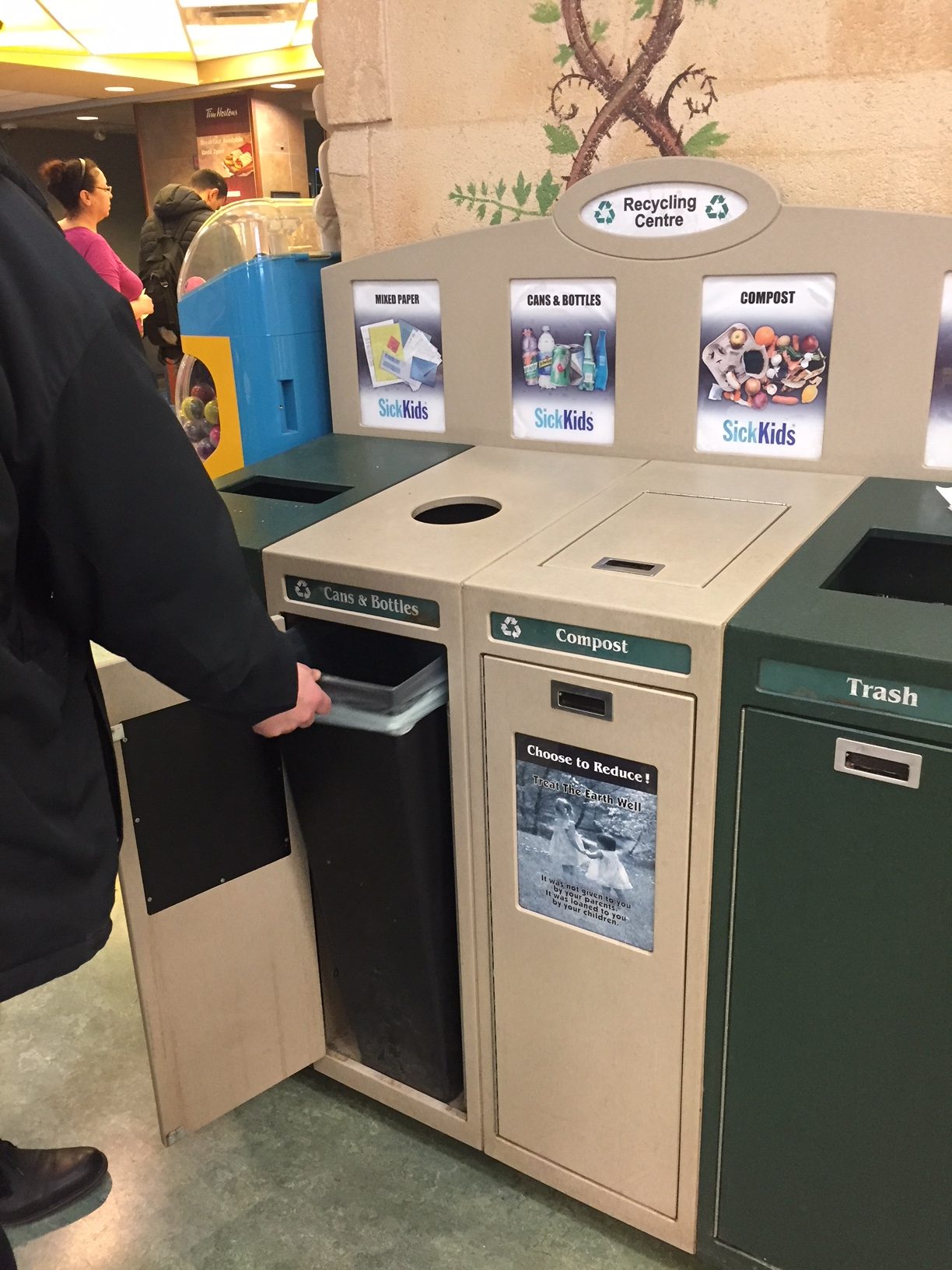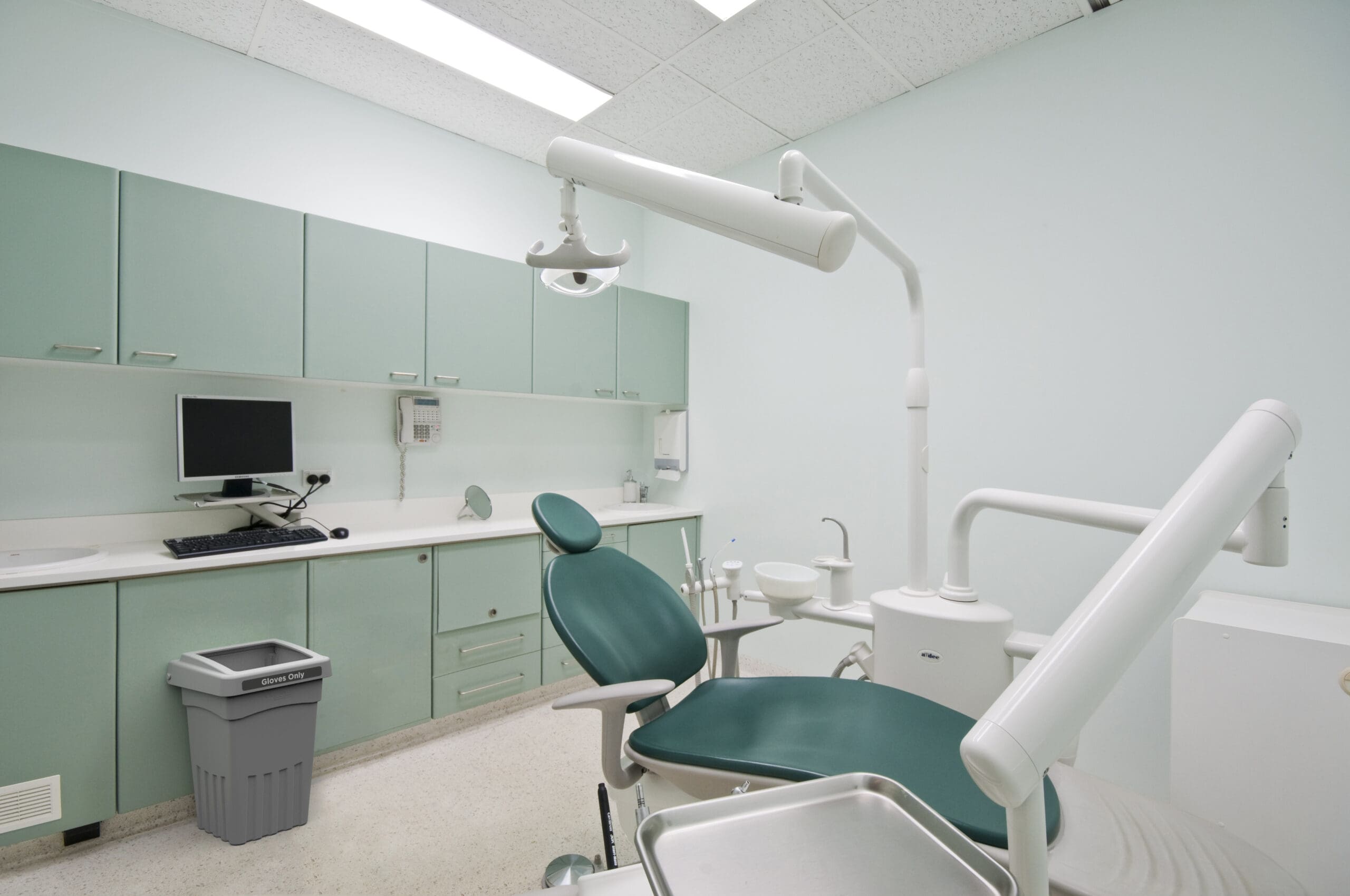Share
Life in a hospital is typically a stressful experience for most people, that’s why it’s necessary to reduce anxiety in patients and staff wherever possible. One of the best places to start is hospital waste management.
One of the biggest issues facing hospital waste challenges is “Over-classification” of waste related to “red bag” waste. Medical staff may have experienced problems in the past with red bag waste in hospitals being filled incorrectly. And hospital visitors may have been confused as to what red bag waste is. The term “Over-classification” of waste refers to a large issue occurring in most medical facilities. This is when regular waste, such as pop cans, bottles, paper, food waste, etc. end up being tossed in the “red bag” bins by patients or staff which are reserved to collect medical waste only.
So what’s the big deal?
Red Bag waste can be up to 20X more expensive to haul than a hospital’s regular waste streams!
What Is Red Bag Waste?

If you are curious about the points surrounding red bag waste reduction via recycling programs, here is the basic explanation. Red bag waste is for anything contaminated with blood, infectious material, or other bodily fluids. The emphasis on waste reduction for red bags is because people often incorrectly fill them. Resulting in higher recycling costs for hospitals due to the nature of the materials that are supposed to go in a red bag.
Therefore, implementing recycling solutions such as a recycling program will not only increase the amount of money saved for hospitals, it will also reduce confusion for people looking for the correct trash receptacles. The last thing someone wants to do when they’re worried about their health is to start worrying if their PPE is recyclable or not.
CleanRiver Recycling Solutions has over 30 years of experience implementing recycling programs for commercial use, including medical waste disposal. Below we will discuss why medical waste management is important, and how hospital waste is disposed of amongst other things.
Why Hospital Waste Management Is Important

Because Hospitals are such large facilities with intricated operations and employee systems, recycling programs most often end up being uncoordinated and lack support. Hospital waste is also considered one of the most complex waste streams of any industry and they produce a phenomenal volume. The Good News? According to the World Health Organization, about 80% of hospital waste is general waste! Paper is the largest part of the waste stream at hospitals including white paper, cardboard, etc. all of which are high-value recyclable materials.
Hospital waste management is important in order to protect employees and patients from potential injury or infections. Besides the obvious danger that biomedical waste presents regarding the spread of diseases, medical waste management is important for hospital budgets as well. If you haven’t already implemented a hospital recycling program, now is the time to start.
Can Medical Waste Be Recycled? Where Does Hospital Waste Go?
According to the World Health Organization, 85% of hospital waste is noninfectious and a large bulk of that is recyclable. The problem is most of these materials end up in landfills or get burned. Another reason why a successful recycling program is crucial for determining how hospital waste is disposed of. Some people may wonder what hospital waste goes where. High-impact graphics can remedy this issue, resulting in many environmental and monetary benefits. Including red bag waste reduction.
What Medical Waste Can Be Recycled?

It ultimately depends on the waste hauler’s ability to accommodate all the different waste streams that are typically produced by a hospital. Hospital waste categories can include:
- Trash
- Recyclables
- Compostable
- Biohazards
- Hazardous
- Radioactive
Some of these materials are much more expensive to dispose of than others, which is why red bag waste reduction is an important goal to be implemented in a hospital recycling program. Here is a general list of what medical waste can be easily recycled:
- IV Bags
- Broken Glassware
- Contaminated Glass
- Gloves
- Metallic Tools and Implants
- Plastic Trays
- Pitchers
- Basins
- Blue Wrap
There are a number of other plastic hospital waste items that can be recycled as well, often used in the patient care areas. Typical recyclables such as cardboard and paper can be included. Due to the nature of their use, ‘sharps’ such as needles cannot be recycled. Old and expired medication is also not recyclable and must be disposed of properly, ask your pharmacist or doctor for more details.
The benefits of an effective hospital program are wide-ranging but from a financial point of view, it means cost savings, and a potential to earn money back. Successful recycling can reduce operational costs, increase worker safety, enhance community relations and begin generating revenue for the hospital.
____________________________________________________________________________________________
Looking for more biomedical waste tips? Check out these other blogs:
- 6 Simple Steps To Start A Hospital Recycling Program
- How to Dispose of Plastic Gloves & 5 Steps to Set Up a Plastic Glove Recycling Station
- Is PPE Recyclable? How to Dispose of PPE Correctly
CleanRiver Recycling provides a variety of innovative, flexible, and customizable recycling solutions. Start saving money today with our green recycling programs.
If you have additional questions that weren’t answered in this blog post please call us at 1-866-479-4038 or email solutions@cleanriver.com


